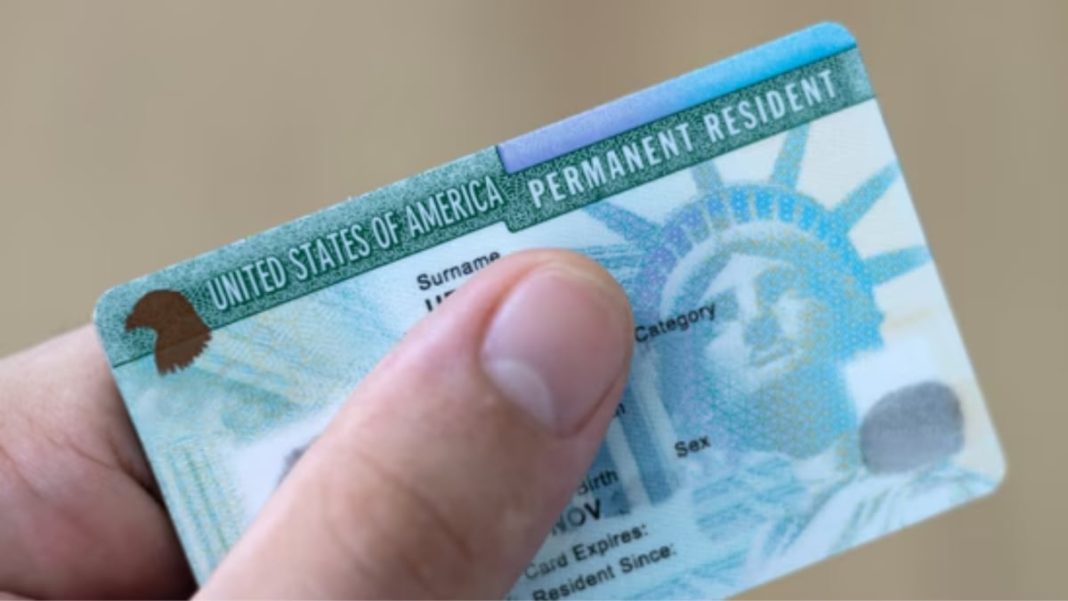Key Takeaways
- Trump administration drafting rule to treat country of origin as “significant negative factor” for green cards and immigration approvals
- Policy would affect applicants from 12 travel-ban countries and 7 others with partial restrictions
- New screening approach could impact legal residents who arrived before travel bans
The Trump administration is drafting a new immigration rule that could significantly restrict green card approvals for applicants from travel-ban countries. Internal documents reveal immigration officers may soon treat a person’s country of origin as a “significant negative factor” in decisions.
How the New Immigration Rule Would Work
While still being finalized, the policy would use President Trump’s existing travel ban to categorize applications for green cards, asylum, and parole. Only citizenship applications would remain unaffected by this change.
The rule builds on the June travel ban affecting 12 countries: Afghanistan, Chad, Republic of Congo, Equatorial Guinea, Eritrea, Haiti, Iran, Libya, Myanmar, Somalia, Sudan, and Yemen.
Seven additional countries face partial restrictions: Burundi, Cuba, Laos, Sierra Leone, Togo, Turkmenistan, and Venezuela. Citizens from these nations cannot move to the US permanently or obtain certain visas.
Some exceptions apply, including valid visa holders, green card holders, athletes for the 2026 World Cup or 2028 Olympics, and Afghans under the Special Immigrant Visa program.
Security Concerns Driving the Changes
The administration argues the restrictions address security vulnerabilities. According to draft documents, some countries don’t share sufficient information for proper security checks, while others lack robust passport or identity document systems.
USCIS reports struggling to verify documents from these nations, prompting the proposed policy change.
President Trump defended the measures following a recent terror attack, stating that people from certain countries might overstay visas and become security risks.
Potential Impact on Legal Immigration
This development follows the administration’s announcement of the lowest refugee-admission numbers in years. The New York Times reported that thousands of refugees escaping violence were denied entry while spots were reserved mostly for white Afrikaner South Africans.
The proposed rule would affect people already living legally in the United States, including those who arrived years before the travel ban.
Increased Screening and Expert Concerns
USCIS has intensified social-media screening, completing over 12,500 checks in the 2025 fiscal year.
Michael Valverde, a former USCIS official with over two decades of experience, expressed concern about the new approach. “The agency has always dealt with documents from countries with weak systems,” he noted, “but treating these documents as a negative factor is new, and could end up acting like a quiet ban.”
Valverde told the New York Times: “It will show over time whether people can overcome this negative mark or whether this becomes a hidden ban for people from those countries.”




